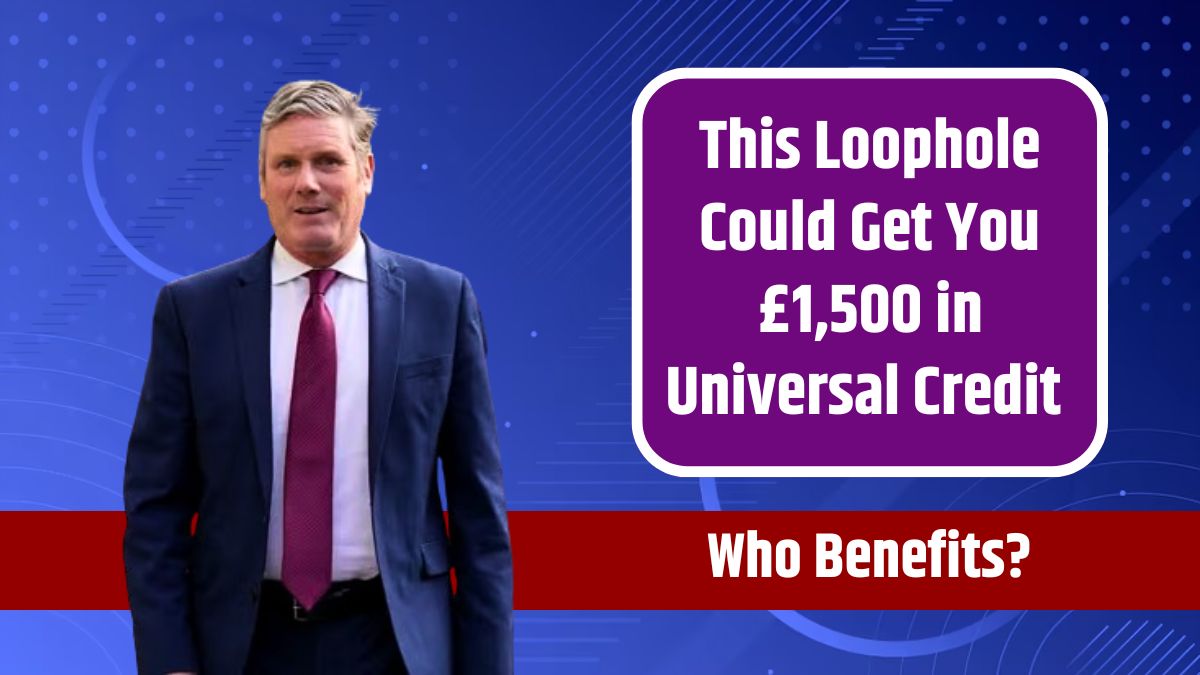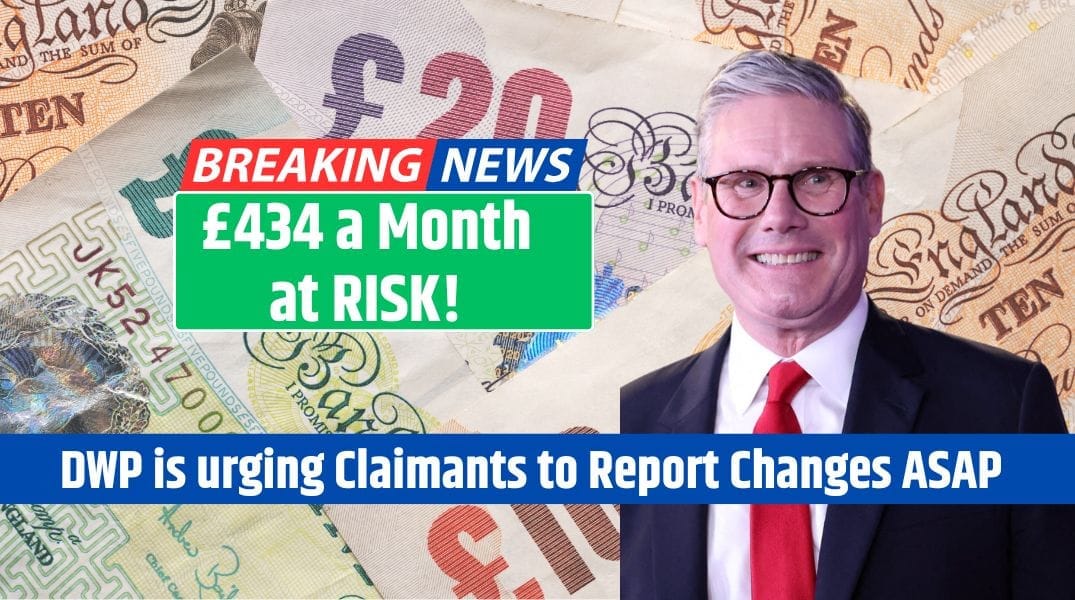Recently, there has been a lot of news about a loophole in the UK’s Universal Credit system, with some individuals managing to obtain £1500 through a glitch in the application process. As the cost of living continues to rise, cases of fraud have increased, with some attempting to exploit flaws in the social welfare system to access emergency funds. Here, we’ll look into how this loophole works, who has used it, and what actions the Department for Work and Pensions (DWP) is taking to stop this fraud.
Background
Universal Credit is a UK government benefit meant to help individuals and families struggling with low income or unemployment. It consolidates various previous benefits into one payment to simplify support for those in financial need. However, the system’s broad accessibility has opened doors for potential exploitation, and this loophole is an example of how fraudsters have managed to take advantage.
Loophole Details
The loophole primarily involves “advance payments,” a feature that enables claimants to get an early payout to cover urgent expenses. Due to an error in the application process, some people have managed to access multiple advance payments without an immediate requirement to repay them. This gap was quickly spotted by scammers, who then found ways to secure multiple payments totaling up to £1500.
Typically, scammers impersonated “personal loan advisors” or “Job Center” staff and approached individuals to offer assistance with accessing additional funds. In several cases, fraudsters inserted false information into applications, enabling claimants to receive advance payments designated for emergencies. The scammers then took a portion of the payout, often £500, as a “fee” for their service.
Who Has Benefited?
Individuals who are financially struggling have been the primary targets for fraudsters exploiting this loophole. Both employed and unemployed claimants were eligible, and the lax verification process allowed them to qualify for these extra funds, even if they wouldn’t normally be eligible. While the majority of people who use Universal Credit genuinely need assistance, this loophole allowed some to misuse it for temporary gain.
Most recipients of Universal Credit rely on these advance payments to cover essential costs like rent or food. However, this misuse has led to increased scrutiny from the DWP, potentially impacting even those with legitimate claims.
DWP’s Response and Actions
The DWP has responded swiftly, implementing tighter security checks and prevention measures. They have assembled a specialized team of nearly 600 detectives, known as the Enhanced Checking Service, dedicated to reviewing applications in-depth to identify any suspicious activity. This team is tasked with investigating both individual fraud cases and detecting patterns of abuse to prevent similar issues in the future.
The DWP is also raising awareness about potential scams and advising individuals to be wary of anyone promising “quick loans” or seeking access to personal information. If fraud is suspected, individuals are encouraged to report it to the DWP, ensuring the welfare system supports only those who genuinely need assistance.
Steps to Protect Yourself
For anyone receiving Universal Credit, it’s essential to stay vigilant. The DWP recommends against sharing personal information with third parties or allowing anyone to “help” with claims. Additionally, genuine DWP employees will never ask for payment or personal account details outside official channels. Verifying any contact from the DWP before providing sensitive information is key to avoiding scams.
If approached by anyone offering assistance with advance payments or other benefits in exchange for a fee, it’s best to report the incident to the DWP. By remaining cautious, individuals can protect their benefits and prevent further exploitation of the Universal Credit system.
In response to these issues, the DWP has emphasized that abusing the Universal Credit system is a serious offense, with potential enforcement actions on the horizon. Enhanced checking, stricter application processes, and an ongoing focus on public awareness will ensure that support reaches those in need and prevents misuse.
With increased awareness of this loophole, everyone can contribute to reducing fraud and helping Universal Credit fulfill its role as a support system for those who need it most.
FAQs
What is the Universal Credit loophole?
The loophole involved repeated advance payments due to application errors.
How do fraudsters exploit this loophole?
Fraudsters pose as advisors to claim advance payments fraudulently.
Who is affected by the crackdown?
Both genuine and fraudulent claimants may face additional checks.
What is the DWP doing about this loophole?
DWP has a team investigating and preventing further fraud.
How can I avoid Universal Credit scams?
Only provide details through official DWP channels and report fraud.











